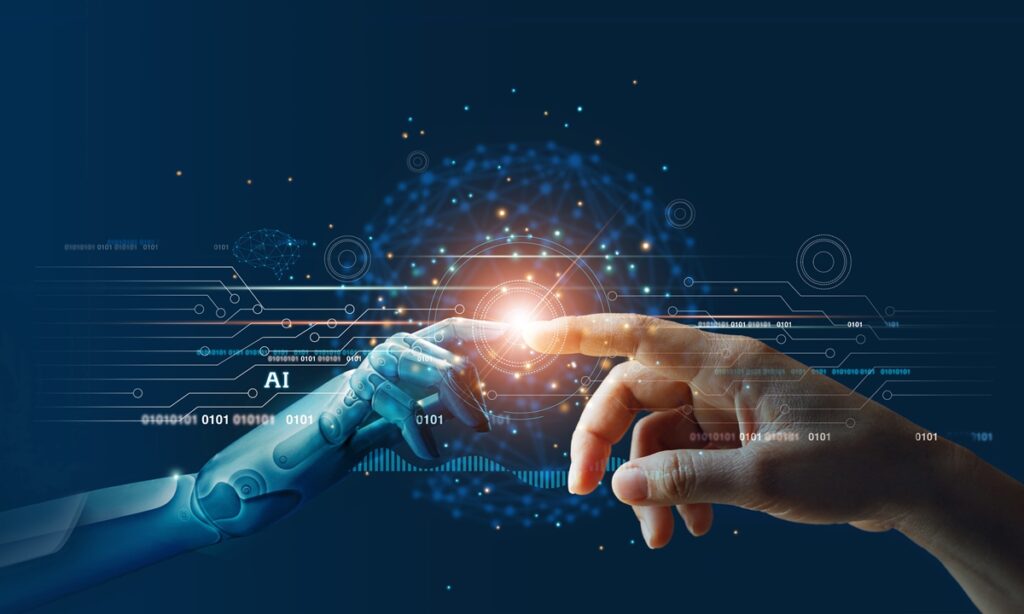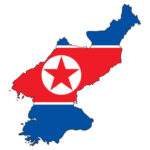In less than five years, terms such as “Open AI” and “ChatGPT” once rarely included in people’s everyday vocabulary have become hot topics that intrigued Chinese documentary director Liu Junwei to explore Human-Artificial Intelligence (AI) interactions through the lens of his camera.
Liu and his team spent almost four years crafting the 2023 documentary The Era of Intelligence, and it recently debuted on China’s CCTV-9 TV channel. It tells an “AI story” that starts from explaining the origin of AI and then expanding into its ethical relationship with human beings.
Comparing to other technology documentaries, Liu told the Global Times that The Era of Intelligence is maybe a bit “hard to chew” as “it has no teasing qualities, but is more serious with a touch of respect toward humanity.”
Tackling tough topics
The Era of Intelligence is six episodes in length. From the first to the last episode, topics such as the birth of AI, its innovation and breakthroughs, social impact, safety and ethics as well as future development are all covered in the documentary.
It is a “serious and profound” documentary, Liu told the Global Times. The film crew visited a dozen of top-notch AI experts in countries as China, the US, Japan and Canada and pioneering figures such as Hiroshi Ishiguro, roboticist from Japan who stunned the world by creating an android that looks just like him.
Qin Ling, an AI industry expert, told the Global Times that the countries in the documentary are “leading examples that have their own expertise.” Taking China and the US as examples, Qin noted that while the US has spent more time in the AI field, China’s sturdy technological manufacturing power has also enhanced its competence in this particular realm.
“No matter if it is hard power or research power, human being’s ties to AI is a never changing core subject,” Qin noted.
Several stories between human beings and AI were highlighted in the documentary.
Su Bingtian, China’s famous 100-meter sprinter, once had his athletic career saved by an “AI coach.” The world may not have witnessed Su become “Asia’s fastest man” in 2021 if his physical strength had not been hugely improved through an intelligent sports system in 2017.
Just like in sports, in 2016 the Go world experienced turmoil after South Korean Go master Lee Sedol was defeated by the program Alpha Go. The AI player’s 4-1 success was only one of the “threats” that reminded people to rethink the relationship between AI and humans.
The documentary’s fourth episode, Danger Zone, asks the question: When the boundary between machines and humans is re-defined, what should humans do?
“Moderate development, moderate use and governance,” Liu told the Global Times, mentioning the feedback he received from many AI experts.
“Because AI cannot understand what humans are, what life and death are, nor what can be seen as ‘survival risks,’ therefore when AI poses a threat to human survival, both humans and AI may not be aware of it. This is dangerous.”
The first episode, Who is Changing Everything, starts the series off by introducing how ideas like 5G, cloud computing and blockchain quietly changed people’s lives. The final two episodes, Vision of City and Where Should We Go, reveal AI’s strengths in developing urban sustainability and how brain science will power the future development of today’s AI.
Liu said explaining all of these topics were “quite a tough job,” especially since it is sometimes very difficult explaining the complexity of technology using language and visual images.
“I once heard a phrase that the stock market is like a bottle of beer. If there is no foam, there is no flavor, but it is not good to have too much foam. The foam is ‘rocket-science AI knowledge,’ and we are the brewer,” Liu noted.
Belief in the audience
Liu said the documentary is “fine and extravagant” compared to today’s fast content and short videos everywhere. He revealed to the Global Times that this is a result of “generations of effort.”
Following the Lee-Alpha Go match, Chinese documentary veteran Shi Yan and Liu Ying started to conceive the project but they were puzzled by the subject’s complexity.
This led to a high turnover among the film crew.
Liu told the Global Times that just when he was on the brink of giving up on the project, he tried compromising on the project’s profound approach to try and add some gimmicks to catch viewers’ attention.
However, in the end he decided to stay away from flashy gimmicks, saying “audiences know how to cope with the truth.” He also added that in order to include the recent hot topic ChatGPT, the crew adjusted some of the show’s content.
“That was a lot of work!” he said, adding that he is happy to see the documentary finally made it to air.
Liu noted that he prefers creating documentaries that explore the profoundness of culture and history.
Five Thousand Years of Chinese Characters was his iconic work. In the series, the director explored the evolution of Chinese characters. He told the Global Times that the more he has traveled around the world, the more he has come to realize that Chinese characters are “the genes of Chinese culture.”
“Land, Our Stories is another project I want to carry on developed in 2023. It is about Chinese farming culture. China is a country nurtured by agricultural civilization and what is most essential to us is what the land supports,” Liu said.
(Global Times)




